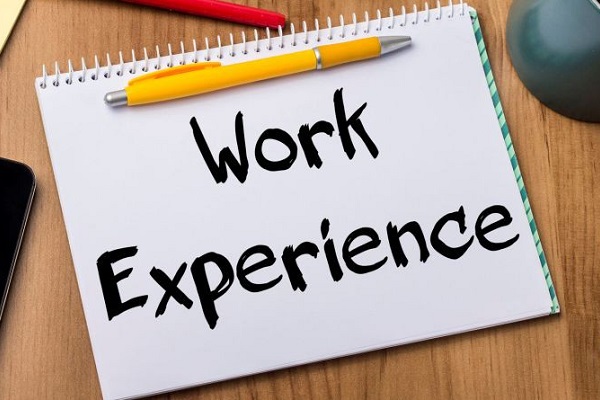
February 3rd, 2022
When it comes to the different ways of educating students, one thing is true – students learn best from doing. To promote that, the Waterloo Region District School Board (WRDSB) provides experiential learning opportunities that expose students to potential career paths well before they graduate.
What is experiential learning? It is the process of teaching whereby students “learn by doing” and then reflect on the experience. Traditionally, these types of teaching activities included hands-on laboratory experiments and field trips. Today, it includes co-op classes and placements where students enter the workforce to learn the key skills that will enable them to excel in the future. Through experiential learning, students mature both emotionally and socially.
What are the benefits that students can take from experiential learning opportunities offered through the WRDSB?
Independence and emotional maturity.
As students participate in placements, they gain some of the communication and teamwork skills that become necessary later on in life. They learn how to discover answers on their own, rather than relying on provided materials. Students develop interpersonal skills that can’t be learned in a textbook including conflict resolution, communication, negotiation, diplomacy, and creative thinking.
Teachers in classrooms can impart this knowledge, but many students feel they have more to gain by confronting these challenges in real life, within a structured and supportive learning system. Experiential learning provides these opportunities with the guidance of mentors and instructors.
Learn about the workforce before entering. “Try before you buy!”
Through placements, students gain real-world experience early, helping them understand what’s required and expected when entering the workforce. As they take on new skills, they understand how to learn while working and discover their own strengths and weaknesses. Because they’re under the tutelage of an experienced tradesperson, they can feel empowered to experiment, and to decide if this path is truly for them.
Past experience will educate future decisions.
Experiential education provides many opportunities for students to face situations that will occur once they are out in the “real” world. With that know-how under their belts, students will find more satisfaction in their future careers and have a greater ability to creatively solve problems.
Increases engagement levels.
Students who learn through experiential education develop collaboration skills while learning from others on-the-job. Actively engaging with their surroundings creates a sense of ownership when problem solving with colleagues and customers.
The Waterloo Region District School Board engages students in experiential learning through programs such as Technolological Education, Co-operative Education and the Ontario Youth Apprenticeship Program. Learn how you can jumpstart your education by talking to the guidance staff at your school.
Categories: Co-op · OYAP · Pathways Tags: apprenticeships · co-op · oyap · skilled trades